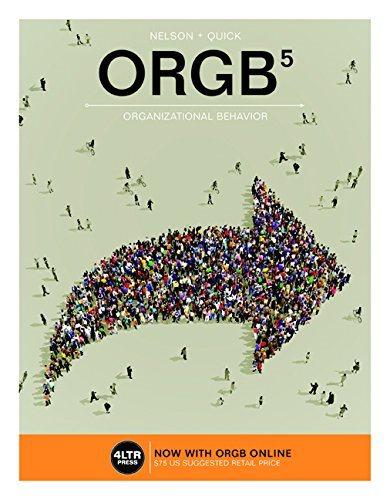Aaron Chomsky, Jr. has been CEO of Varnett Publishing for twenty-five years; his father, Aaron Sr., founded
Question:
Aaron Chomsky, Jr. has been CEO of Varnett Publishing for twenty-five years; his father, Aaron Sr., founded the company in 1921. In the last thirty years, Varnett has acquired many smaller publishing companies in an effort to dominate the whole of the Northeast publishing industry. The small family company has grown into a publishing house that produces daily, weekly, and monthly news publications, as well as magazines and other print media for communities in New York, Connecticut, New Hampshire, and Vermont. Aaron Jr. took over as CEO during the high point in the life cycle of the news paper industry; that industry has, however, been in decline since 1998.
Aaron has just received word from the CFO that most of Varnett’s acquisitions are failing individually, and that because of the decline in the market, Varnett will not be able to easily unload them. Consequently, Varnett is facing bankruptcy.
Varnett has many employees who have been with the company for more than thirty years, and many employees have family members also employed by Varnett. Aaron’s father always promoted a sense of family within the company, even as Varnett grew well beyond a small town-single newspaper organization.
Aaron values his employees greatly, but if he alerts them to the severity of the situation, he knows that they will be compelled to search for employment elsewhere. If too many employees leave, however, Aaron knows that Varnett will not be able to produce the newspapers that are still operating. If Varnett stops producing newspapers, the company will absolutely fail and devastate shareholders. If Varnett absolutely fails, his employees will absolutely be out of work, and he will be able to offer them nothing.
Aaron feels great loyalty to his employees, but he also feels great loyalty to run Varnett in the most profitable way for his shareholders for as long as possible. He feels that he cannot protect one without sacrificing the other.
Time is passing quickly—if he doesn’t commit to an action one way or the other, both will suffer equally. He must make a decision soon.
Questions
1. Using consequential, rule-based, and character theories, evaluate Aaron’s options.
2. What should Aaron do? Why?
Step by Step Answer:

ORGB Organizational Behavior
ISBN: 9781305663916
5th Edition
Authors: Debra L. Nelson, James Campbell Quick





